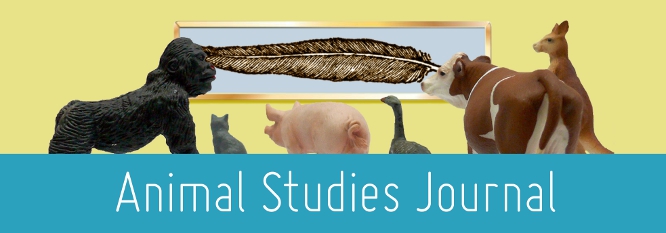Home > assh > ASJ > Vol. 5 (2016) > No. 2

Abstract
This paper is prompted by the introspective account of animal experimentation provided by Marks in his paper ‘Killing Schrödinger’s Feral Cat’ in this journal. I offer an ethical interpretation of Marks' paper, and add personal reflections based on my own experiences of being involved in animal experimentation. Identifying the emotional and cognitive experiences of Marks and myself with Rollin’s concept of ‘moral stress’ I explore this effect that conducting animal experimentation can have on the people involved. I argue, based partly on personal anecdotal experience, that this stress varies depending on the organisational structure of animal experimentation, and one’s position within that structure. Under conditions of divided labour, other things equal, I claim that moral stress may be reduced for those involved. Since moral stress can have negative effects on those that experience it, this seems like an improvement of animal experimentation, in at least this respect. However, I interpret Marks as suggesting that it would be worse if animals were being harmed in animal experimentation and those involved were not feeling moral stress, or moral stress was diminished. I examine what value moral stress might have, since loss of this value could justify preserving it. I provide a tentative argument that the reduction in moral stress promoted by division of labour and through other means does not sacrifice moral value in the way Marks seems to imply. More generally, this paper aims to continue the constructive sharing of views about animal experimentation by those who are or have been involved in it, with a view to gaining a better understanding of animal experimentation, and making moral progress within it.
Recommended Citation
King, Mike R., Killing and Feeling Bad: Animal Experimentation and Moral Stress, Animal Studies Journal, 5(2), 2016, 119-133.Available at:https://ro.uow.edu.au/asj/vol5/iss2/6
Included in
Art and Design Commons, Australian Studies Commons, Creative Writing Commons, Digital Humanities Commons, Education Commons, Feminist, Gender, and Sexuality Studies Commons, Film and Media Studies Commons, Fine Arts Commons, Philosophy Commons, Social and Behavioral Sciences Commons, Theatre and Performance Studies Commons

